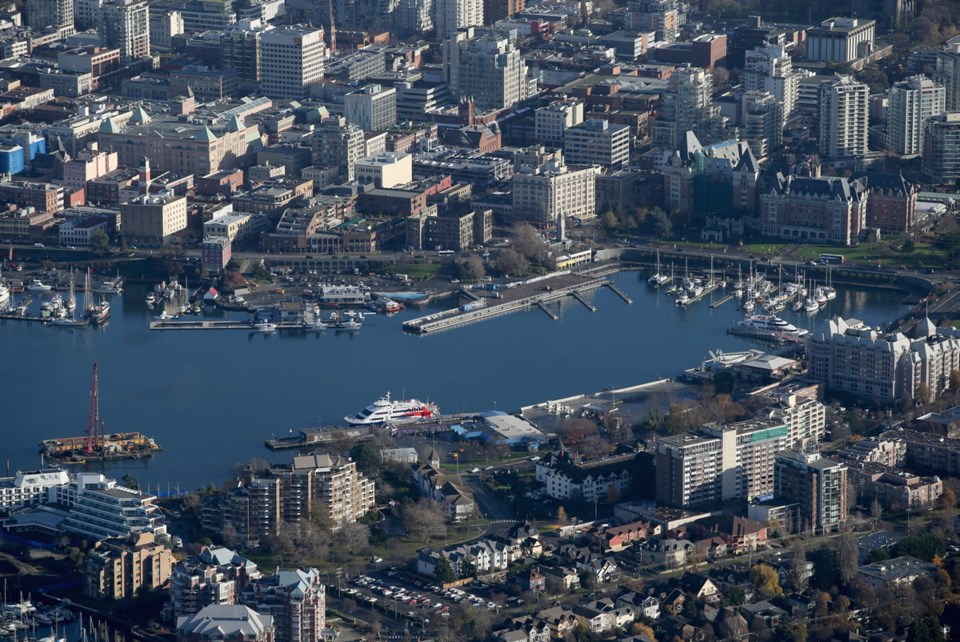The impact of the COVID-19 pandemic on human health and well-being is disturbing and frightening and, unfortunately, the entire effect is still not fully clear.
Opinions are flourishing online and in the media. South Island Prosperity Partnership would like to offer our perspective on the possible impact to our local economy.
Experts are still unsure how the COVID-19 crisis will shape an economic downturn, as markets react in unprecedented ways. Severe market reaction has seen an abrupt end to the 11-year bull market and the volatility index is at an all-time high.
It bears highlighting that this activity so far does not compare with the severity of the 2007-2009 financial crisis when the banking sector was the source of the crisis.
Presently, the outbreak is an external influence on the financial sector. However long it lasts, several weeks or months, rest assured that this situation is temporary and our economy will recover from the losses.
Community health and well-being is the most important priority at this time, but we are deeply concerned for the businesses and individuals that will be hit the hardest.
In our local market, industries such as tourism, accommodation, recreation, transportation, retail and restaurants are in dire positions, as are the many local small- and medium-size businesses that are facing acute difficulty in meeting their short-term cash needs.
According to NPR, China’s business activity has resumed to about 80%, while containment seems to be effectively stabilizing their economy. The situation in other parts of the globe is grave, with people losing jobs and many businesses closing their doors. The federal government’s announcement of a substantial package of $82 billion in emergency aid and tax deferrals will help, but cannot eliminate these dangers.
Measures to reduce the spread of the virus, such as strict border controls, will increase pressure on tourism, accommodation, recreation, transportation, retail and restaurant businesses. These sectors are integral to Greater Victoria’s economy.
Education at all levels is on hold, while technology, manufacturing and construction are facing slowdowns due to supply-chain disruptions and the increasing number of sick leaves. Real estate demand will likely decline simply due to decreased consumer confidence.
Other sectors, such as public administration and health, might not be greatly affected, but their employees are among those no longer frequenting restaurants, retail stores, and other services such as dry cleaners, automotive stores, gyms and hair salons.
There is hope. In times such as these it is important to remind ourselves that the economy will eventually recover from this hardship and that collaboration is more vital than ever.
New opportunities will also emerge from the crisis. We will see innovations, new products, new services and new ways of doing business.
Many people are already rapidly learning how to work remotely and perhaps enjoying some of the time savings associated with telework and digital connectivity.
Unlike in the Great Recession of 2008-2009, our region now has a vehicle for collaboration to address both the challenges and opportunities facing private businesses, as well as First Nations and municipalities, industry associations and post-secondary schools.
Greater Victoria also boasts an amazing social and institutional fabric. Local industry organizations such as the chambers of commerce, Destination Greater Victoria, VIATEC, Downtown Victoria Business Association, Victoria Real Estate Board and the Greater Victoria Harbour Authority are working tirelessly to ensure that the voice of their membership is heard and brought to the ears of political leadership.
As Oxford globalization expert Ian Goldin says: “High walls will not stop pandemics or any global threat. What is being tested is our will to co-operate.”
The South Island Prosperity Partnership was formed in 2016 because walls don’t work, and back then, we found that our region was one of the slowest to rebound from the Great Recession.
Today, we once again find ourselves in a precarious economic position, but this time we are more agile because we have learned from the past and have built a bridge across municipalities, sectors and industries.
In the coming weeks, South Island Prosperity Partnership will reach out to stakeholders and the public to get input on a regional economic development strategy that will help us chart a path toward a future economy that is more resilient and able to withstand challenges such as the current one.
This is your economy. Have your say. Please visit our website — https://southislandprosperity.ca — regularly to provide real-time feedback on the future path forward for our regional economy.
Emilie de Rosenroll is CEO of the South Island Prosperity Partnership.



